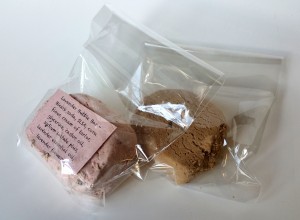Everyone loves boobs. I most certainly do. Big, small, it doesn’t matter. They are a panacea – they make me feel happy when I am sad, let me forget my pain when touched, and arouse passion in the heat of the moment. They truly are fabulous.
For many women though, they are a – literal – burden. Any woman with really big boobs will know the problems – back ache, the discomfort of wearing a bra, the pain of sport. The pain of trying to have a conversation without your boobs being stared at.
So. Many women opt for reduction surgery. It is something that I see a surprising amount of in my work. There are a lot of women in this country who are opting for it. The Sydney Morning Herald recently ran an article by Jo Hartley about it here…
It is her personal story of the experience of growing up to have a 34F bust, how that effected her life, and how transforming it was to have reduction surgery that reduced her bust to a more manageable 34D.
I expect that most women would be nervous, even fearful of having surgery on such a sensitive part of their body. It’s understandable. Not just the fear of the surgery itself and the risk of something going wrong, but of the results. Will they still look ok? Will they still be sensitive? All reasonable questions, and if you are considering this surgery, well worth talking to your doctor about before going ahead.
For my part, I can say that I have seen the results of many reduction surgeries and the vast majority are really very good. Some so good that I didn’t even notice until it was pointed out to me.
There are risks of course with any kind of surgery, but if your breasts are making your life difficult and painful, then I think that it is well worth considering.
John.

 I have a friend who is an artisanal soap maker. Recently she has started making a “bubble bath bar”. It’s a crumbly soap bar that your drop under the tap to fill the bath with foamy bubbles! It is made using natural ingredients and comes in two scents (lavender and vanilla), and I have two of each for lots of bubbly fun!
I have a friend who is an artisanal soap maker. Recently she has started making a “bubble bath bar”. It’s a crumbly soap bar that your drop under the tap to fill the bath with foamy bubbles! It is made using natural ingredients and comes in two scents (lavender and vanilla), and I have two of each for lots of bubbly fun!